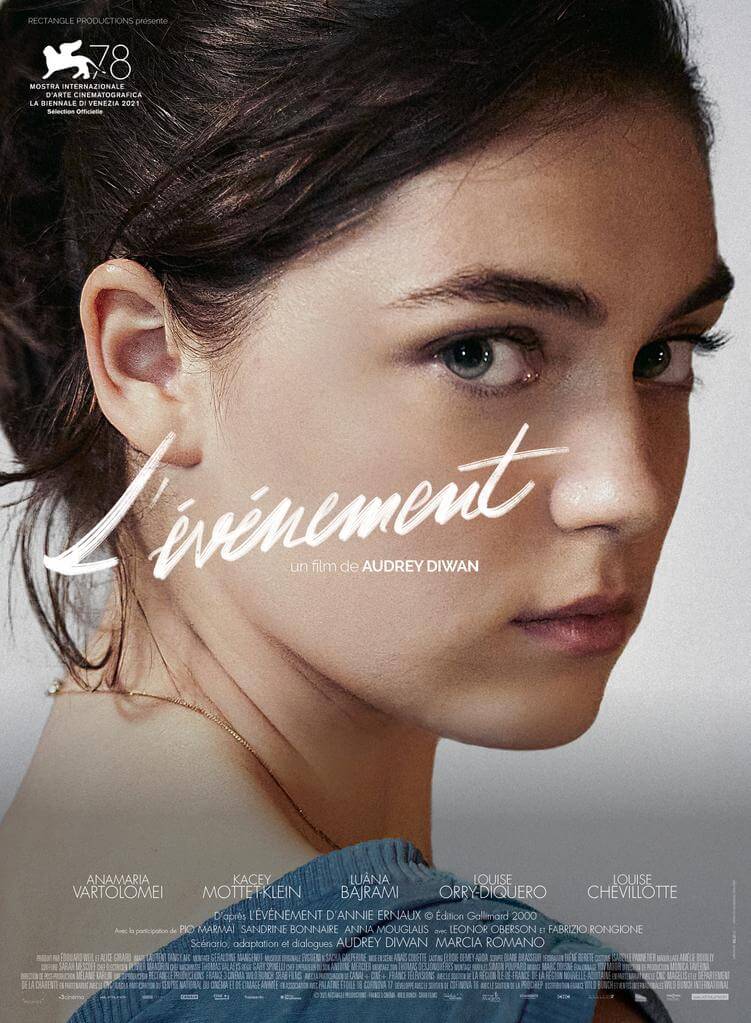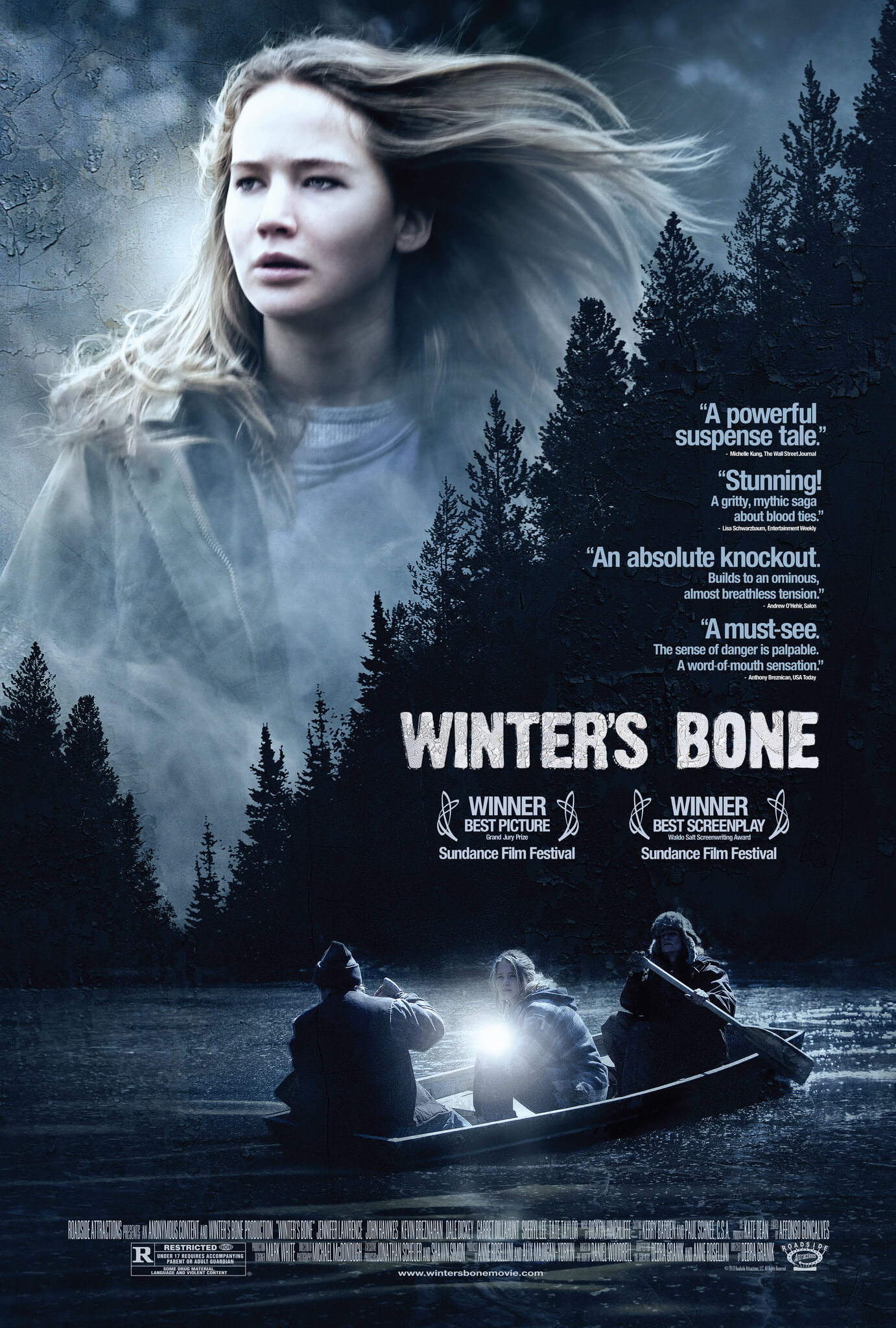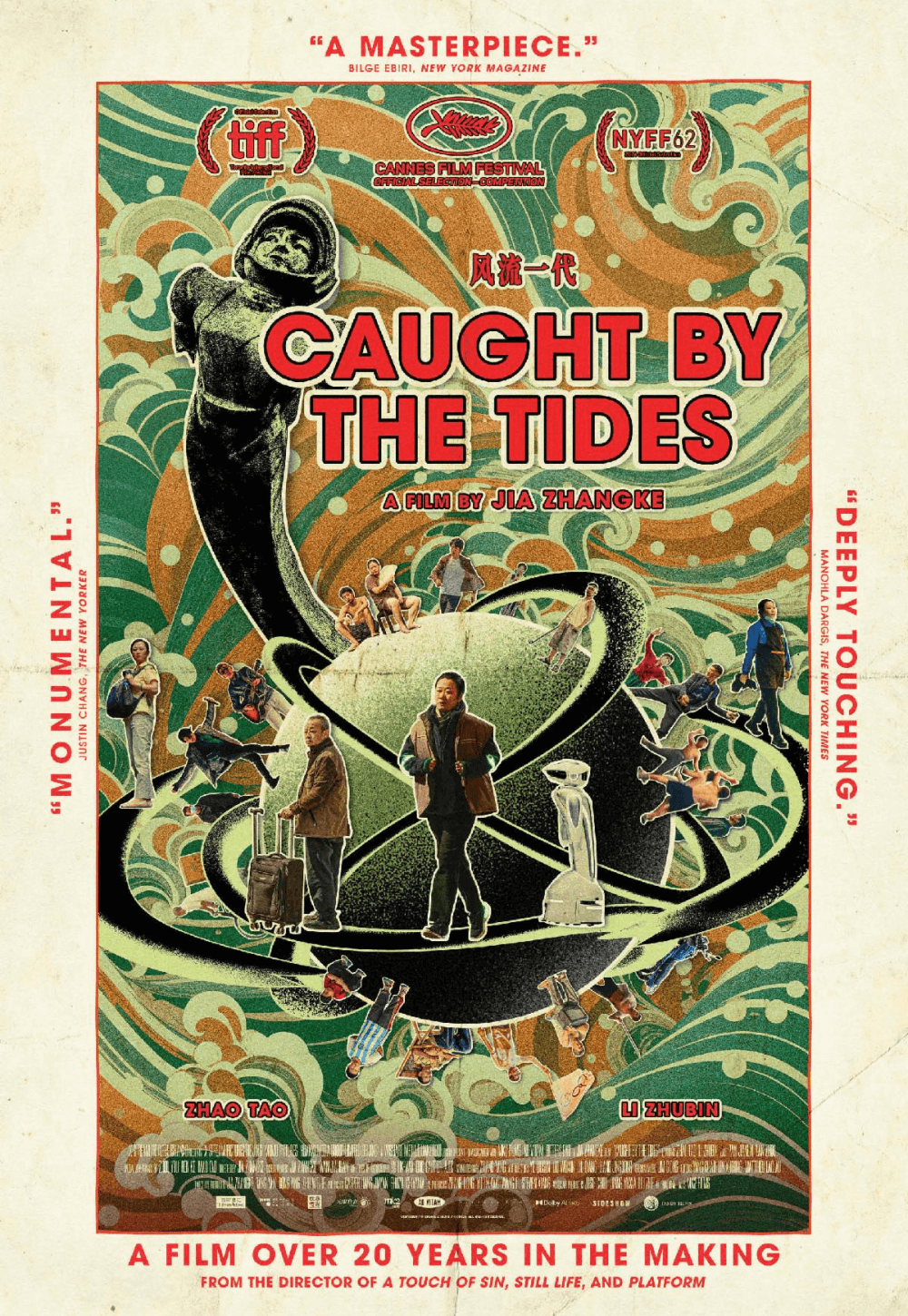
How to Have Sex
By Brian Eggert |
How to Have Sex is writer-director Molly Manning Walker’s film about how many young women do not yet possess the words to speak about what they want and don’t want. The story follows a familiar path of teens on a mission to have sex. However, Walker’s version centers on a group of British girls who, with college around the corner, head to a party resort in Crete to, at least in one case, lose their virginity. Plenty of other movies have a similar blueprint, though they’re usually broad comedies centered around young men that glorify hard partying and casual sex. Instead, Walker confronts the reality faced by many girls and young women, where matters of peer pressure and consent lead to sexual assault. The film’s conflict stems from an inability to discuss sexual desire or a lack thereof, but also a failure on the part of young men to recognize what constitutes consent. Heavy though the subject may be, it’s delivered with an immersive aesthetic that places viewers in the moment, experiencing the thrill of parties and uncomfortable encounters through the eyes of its lead, played by Mia McKenna-Bruce, in a terrific debut performance.
Having just finished her GCSEs, Tara (McKenna-Bruce) goes on holiday, intending to have sex for the first time. Her more experienced friends, the smart Em (Enva Lewis) and especially the competitive Skye (Lara Peake), pressure her to be with someone, anyone. Tara feels that if she can’t lose her virginity at 16 in Crete, she may as well resign herself to a sexless life. She follows their lead, uneasy with the unfamiliar territory—a quality underscored by her small stature, which makes her seem timid and less mature than the people dwarfing her at various parties. The morning after their first night of hard drinking, Tara gains the attention of Badger (Shaun Thomas), a scrappy-looking guy in the next-door hotel room. She seems to like him, but Skye dismisses him as a “clown” and encourages her to check out Badger’s seemingly more “fit” friend, Paddy (Samuel Bottomley). So, Tara flirts because she assumes that’s what she’s supposed to do, and, without the vocabulary to avoid it, she finds herself in an unwanted situation.
Shooting with unfiltered energy and mobile camerawork, Walker and cinematographer Nicolas Canniccioni render bad karaoke, crowded pool parties, fall-down drunk behavior, and next-morning vomit spells with a really there immediacy. For much of the film, the camera remains fixed on Tara’s reactions, trying to seem like she belongs and isn’t reeling from what happened, though her body language suggests otherwise. Walker’s visual treatment recalls similar films about young women’s experiences, putting How to Have Sex in a conversation with Andrea Arnold’s Fish Tank (2009) and Eliza Hittman’s Never Rarely Sometimes Always (2020), where the main character’s internalization signals a distressing reality and hidden pain. Walker taps into Tara’s sense of alienation, even amid the crowd of partying teens, by dropping the thumping techno music to focus on Tara’s breathing. While others around her lose themselves in the moment, Tara cannot shake what has happened, no matter what stage she dances on.
 Walker was inspired—if that’s the right word—by her experiences with sexual assault as a teenager. But she doesn’t resort to provocative rape scenes or shock treatment to make her point. How to Have Sex doesn’t set out to scar the viewer by forcing us to endure Tara’s experience in unsettling detail. Walker and editor Fin Oates show only allusions and brief glimpses, revealing enough to understand that Tara pushes down what happened. In doing so, the film confronts what is disturbingly common among many girls and young women—a sense of voicelessness and powerlessness regarding sex. Ultimately, Tara may shake it off and feel renewed by her friend’s banal reassurance—“We got this”—but her experience hasn’t simply faded from her memory. Everyone remembers their first sexual encounter, and Tara’s will be forever imprinted on her mind. The question is, will she be able to talk about what happened and heal?
Walker was inspired—if that’s the right word—by her experiences with sexual assault as a teenager. But she doesn’t resort to provocative rape scenes or shock treatment to make her point. How to Have Sex doesn’t set out to scar the viewer by forcing us to endure Tara’s experience in unsettling detail. Walker and editor Fin Oates show only allusions and brief glimpses, revealing enough to understand that Tara pushes down what happened. In doing so, the film confronts what is disturbingly common among many girls and young women—a sense of voicelessness and powerlessness regarding sex. Ultimately, Tara may shake it off and feel renewed by her friend’s banal reassurance—“We got this”—but her experience hasn’t simply faded from her memory. Everyone remembers their first sexual encounter, and Tara’s will be forever imprinted on her mind. The question is, will she be able to talk about what happened and heal?
There’s an unflinching honesty to Walker’s film that feels drawn from reality. Take Skye’s character, who supplies a familiar type, teasing her friend about being a virgin and then later attempting to celebrate when she learns Tara lost it. What’s tragic is how Tara feels she must smile about her awful experience and share details because that’s what her friends expect of her. But when, late in the film, Em sees that Tara doesn’t share Skye’s enthusiasm about what happened, she tells Tara, “You should have said something.” It’s a devastating blow. Not only does Tara not know how to tell Em and Skye about the sexual assault, but her friends don’t have the maturity to help. This makes any reassuring remarks feel hollow and the blind optimism of the conclusion achingly sad. But it’s also reflective of how, in England and elsewhere, sex education usually includes just the physical basics and how to avoid STDs, while it says nothing about consent, sexual pressure, coercion, manipulation, and how to talk about these matters.
Walker’s debut feature won the Un Certain Regard award at the Cannes Film Festival last May, and it’s evident she has a clear voice and aesthetic agenda. Her portrait of youth culture, random hookups, and sexual pressure defies the usual representation of these experiences, which movies have taught us are wacky, fun, and carefree. Her film taps into the feeling of uncertainty, guilt, and shame that exists among victims of sexual assault, who, like the people around them, prove unequipped to talk about and confront its reality. It’s also a showcase for McKenna-Bruce, whose performance never feels anything but credible, conveying so much pain and anxiety without the words to express it. How to Have Sex is far from easy viewing, but its authenticity is resounding, and its title is a crucial prompt that questions what young people are taught about sex and consent.

Consider Supporting Deep Focus Review
I hope you’re enjoying the independent film criticism on Deep Focus Review. Whether you’re a regular reader or just occasionally stop by, please consider supporting Deep Focus Review on Patreon or making a donation. Since 2007, my critical analysis and in-depth reviews have been free from outside influence. Becoming a Patron gives you access to exclusive reviews and essays before anyone else, and you’ll also be a member of a vibrant community of movie lovers. Plus, your contributions help me maintain the site, access research materials, and ensure Deep Focus Review keeps going strong.
If you enjoy my work, please consider joining me on Patreon or showing your support in other ways.
Thank you for your readership!
Brian Eggert | Critic, Founder
Deep Focus Review







